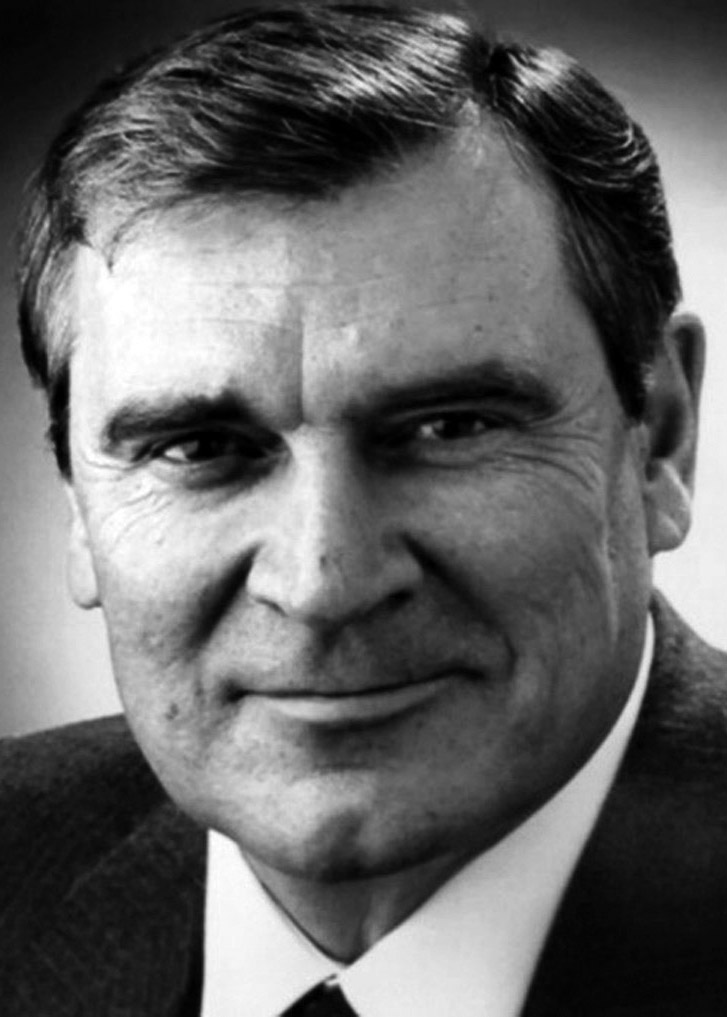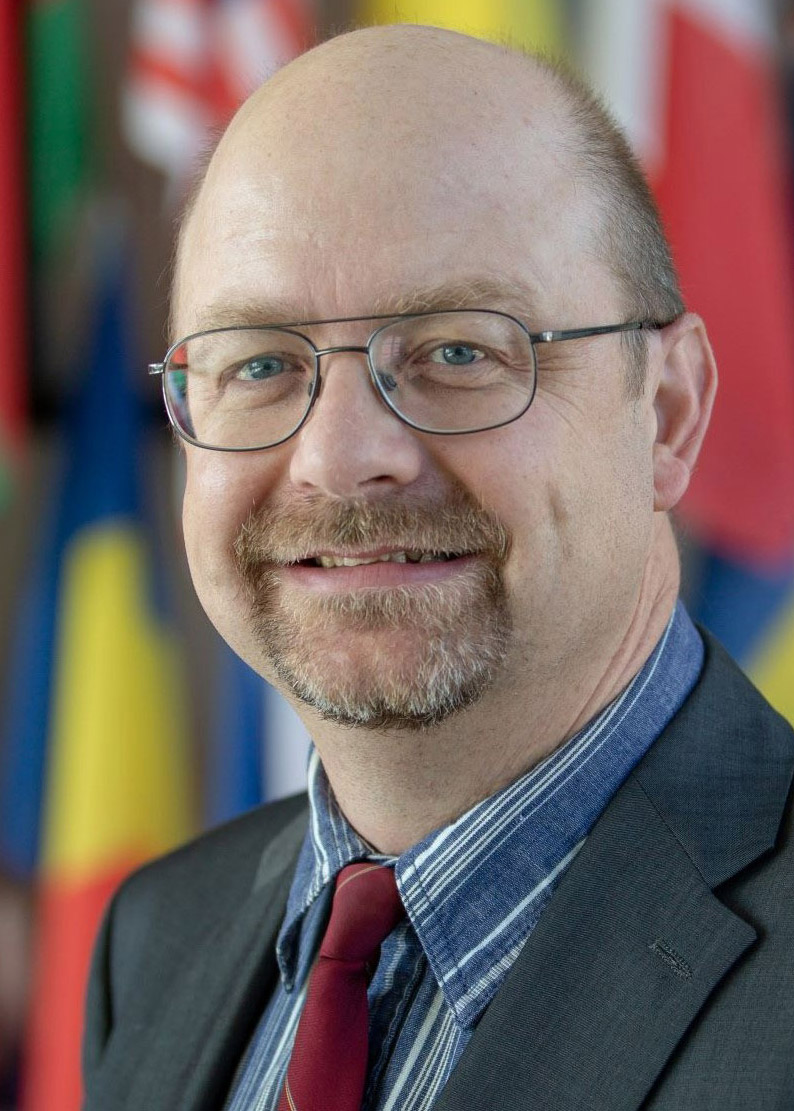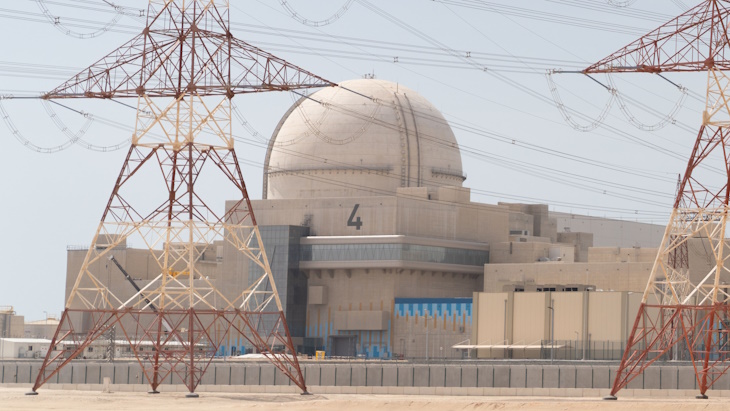Irradiation of test fuel at SCK-CEN's BR2 reactor in Belgium. (Photos: KAERI)
The Korea Atomic Energy Research Institute has developed a high-density uranium silicide fuel designed to replace high-enriched uranium in research reactors. Recent irradiation tests appear to be successful, KAERI reports, which means the fuel could be commercialized to continue a key global nuclear nonproliferation effort—converting research reactors to run on low-enriched uranium fuel.
The Palisades nuclear power plant in Covert Township, Mich.
The Department of Energy’s Loan Programs Office (LPO) today announced a conditional commitment of up to $1.52 billion for a loan guarantee to Holtec Palisades LLC to finance the restoration and resumption of service of the 800-MWe Palisades nuclear power plant in Covert Township, Mich.
Unit 4 at the Barakah nuclear power plant. (Photo: Nawah Energy Company)
The fourth nuclear unit at Barakah power plant in the United Arab Emirates has been “safely and successfully” connected to the nation’s grid, according to an announcement by the Emirates Nuclear Energy Corporation. ENEC announced the start-up of the 1,400-MWe pressurized water reactor earlier this month. Nawah Energy Company, ENEC’s operating and maintenance subsidiary, runs the facility.
Scott Forney (left), president of General Atomics Electromagnetic Systems and Mohamed Al Hammadi, managing director and CEO of ENEC. (Photo: General Atomics)
General Atomics announced last week that it will work with the Emirates Nuclear Energy Corporation to help find opportunities to support the United Arab Emirates.
Representatives from both companies signed a memorandum of understanding at the CERAWeek conference in Houston, Texas. The ENEC will work closest with General Atomics’ GA-EMS team, which develops new technologies and aims to deliver breakthrough solutions supporting environments from undersea to space.
Aerial photo of Warsaw city center in Poland.
The development of nuclear power is one of the pillars of Poland’s energy transition, which involves construction of safe and modern Generation III+ pressurized water reactors.
Polskie Elektrownie Ja˛drowe (PEJ) is the company responsible for, among other things, preparing the investment process for the construction of the first Polish nuclear power plant with a capacity of up to 3,750 MWe. PEJ’s goal is to build six nuclear reactors (for a total capacity of 6–9 GWe), securing 25 percent of the electricity needed in Poland by 2043 and guaranteeing a stable supply of clean energy to millions of homes across the country.
Government leaders gather on stage with IAEA director general Rafael Mariano Grossi at the Nuclear Energy Summit in Brussels on March 21.
International leaders and government representatives from nations that are operating or interested in operating nuclear power plants adopted a Nuclear Energy Declaration on March 21 at the first-ever Nuclear Energy Summit, hosted by the International Atomic Energy Agency and the Belgian government in Brussels, Belgium.
The primary system of THETA at Argonne’s Mechanisms Engineering Test Loop Facility, where Oklo is conducting sodium thermal-hydraulic testing with support from a GAIN award announced in 2021. (Image: Argonne National Laboratory)
The Department of Energy and the Gateway for Accelerated Innovation in Nuclear (GAIN) on March 19 announced the second round of fiscal year 2024 voucher awards to three companies: Element Factory, Kanata America, and Oklo.







.jpg)






